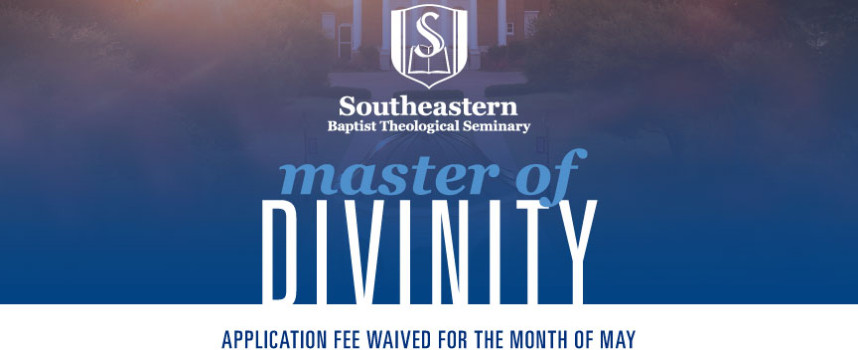Yesterday, Planned Parenthood’s Action Fund held a crusade in Pittsburgh, PA, recruiting and training volunteers to further its mission. “We brought 1,000 people here to train them,” said Deirdre Schifeling, the Action Fund’s executive director. “These 1,000 people are a key. These folks are going to go back, and they’re going to reach tens of thousands of other people” with Planned Parenthood’s “mission.” This crusade and others like it provide evangelical Christians another opportunity to reflect our own mission to make a mother’s womb the safest place in America.
How does the Planned Parenthood Federation of America (PPFA) implement its mission, for which it is recruiting “tens of thousands of other people?” It does so not only by terminating babies but by creatively recycling and selling organs harvested from the babies’ dead bodies. Although the public has always known abortion to be PPFA’s rainmaker, only recently—through the release of undercover videos by the Center for Medical Progress (CMP)—did the public become aware of PPFA’s practice of reselling infant body parts.
[ Read More ]
“Public righteousness” is not a phrase Christians talk about very often. But we ought to. If God created the world through Jesus—and he did—then Jesus’ Lordship is as wide as creation. And if Jesus’ Lordship encompasses the entirety of creation, then it extends beyond our private lives into our public words and actions.
For this reason, local churches should be “formation centers” for public righteousness. There are two main ways that the church serves as a formation center, and three types of fruit that will be borne when it does so.
[ Read More ]
A long time ago, a pastor of mine mentioned to me the old adage that my development as a person will depend largely upon which friendships I chose to develop and which books I chose to read. He reminded me that the most important friendship was with Christ and the most important book was the Bible, but beyond that I would have to work hard to make sure that I was developing close friendships and reading helpful books. Shortly after that, I enrolled in Southeastern Baptist Theological Seminary, where the President at that time–Paige Patterson–encouraged us to acquire a library of at least 1,500 volumes if we were going to be thoughtful ministers of the gospel in a Western context.
Those words of encouragement were wise. I am profoundly grateful for their advice and, over the course of the past two decades, have developed a habit of reading. As a way of passing along their advice, from time to time I will publish lists of books that “ought” to be read. For what it is worth, here is a link to one of those lists, published as an interview with Matt Smethurst at The Gospel Coalition and entitled, “On My Shelf: Life and Books with Bruce Ashford.”
[ Read More ]
For the past 13 years, I have taught at Southeastern Baptist Theological Seminary, where I now serve as Professor of Theology & Culture and Provost / Dean of the Faculty. During those 13 years, we Americans have continued to experience the cultural “ground” shifting beneath our feet . In recognition of these shifts and of [ Read More ]
If we were to update Dante’s Divine Comedy for the 21st century, we might revise it so that persons in the inner circle of hell would be forced to spend their days reading and interacting with the comment chains of national news outlets, popular websites, famous YouTube videos, and celebrity Twitter accounts. In other words, humanity would be punished by having to interact with internet Trolls.
What is an internet troll?
An internet troll is a person who aims to start arguments and upset or humiliate people by posting accusatory, inflammatory, or off-topic messages in online comment chains or chatrooms. Trolls who have mastered the dark art of trollery will exhibit a number of skills, including: selective outrage; obstinate quibbles over petty details; the refusal to listen to or sympathize with interlocutors, purportedly on principle but mainly to distort or hijack the conversation; and the seizing of any opening to practice these dark arts from the safety of his own basement.
[ Read More ]
Donald Trump is now the presumptive nominee of the Republican Party. For those of us who supported other candidates for the nomination, the question remains: what should we do now? Late Tuesday night after the primaries, I posted an initial response at Fox News, in which I wrote that this political moment is an opportunity for [ Read More ]
Robert P. George, a professor of law at Princeton University, is an especially incisive and articulate proponent of pro-life, pro-family, and pro-religious liberty causes. If you are interested in those and similar issues, you should consider following Dr. George on Twitter and reading his books and articles. Who is Robert P. George? He holds Princeton’s [ Read More ]
Following his victory in the Indiana primary, Donald Trump is the presumptive nominee of the Republican Party for president of the United States. In upcoming days, many of us in the evangelical community will be tempted to be despondent, maybe even to detach ourselves from the political process out of a feeling of helplessness. And [ Read More ]
The 1 Thing Jeb Can Teach Us, Even in Defeat Even months after his withdrawal from the 2016 primary race, Jeb Bush has something to teach us: that a leader should possess a full wealth of conviction, but should express his convictions in ways that are not uncivil, unfair, and otherwise demeaning to our country’s [ Read More ]
Here are twelve books I recommend to pastors, professors, and students who wish to be Christian witnesses in politics and public life. I will describe each book and then rank its level of difficulty on a scale of 1-5, with 5 being the most difficult. Level 1 is the category for a book you could give [ Read More ]










